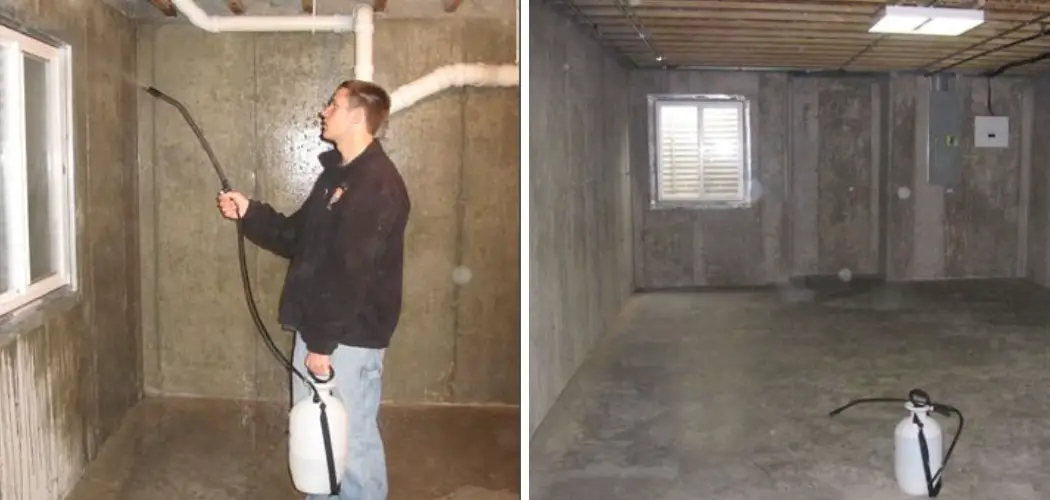Cleaning an unfinished basement wall can be a daunting task, but it is important to do so to keep your home safe and healthy. Unfinished basements are often damp and dark places where mold, mildew, and other contaminants can lurk. If these contaminants remain unchecked, they can create health problems for anyone who lives in the home.
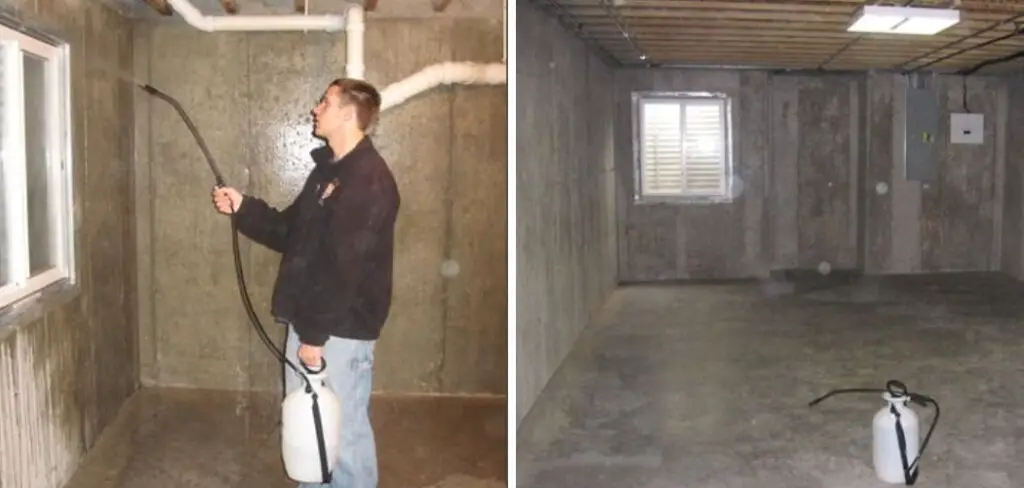
Cleaning the walls in an unfinished basement ensures that they are free of dust, dirt, and other debris that can accumulate over time.
One of the main reasons to clean unfinished basement walls is its wide range of advantages. Cleaning these walls can help protect them from moisture damage, mold growth, and dangerous levels of airborne particulates. Finished basements are also more aesthetically appealing and can add value to your home if you decide to sell or rent it out. In this blog post, You will learn in detail how to clean unfinished basement walls.
Tools You Will Need
- Dust mask
- Safety glasses
- A vacuum cleaner with a hose attachment
- Buckets/large containers for the cleaning solution
- Water hose or pressure washer
- Nylon scrub brush
- Long handled mop
- Sponges, rags, and other materials for damp cleaning
- Trash bags for debris disposal
- Towels or rags for drying
Step-by-Step Processes for How to Clean Unfinished Basement Walls
Step 1: Inspect the Walls
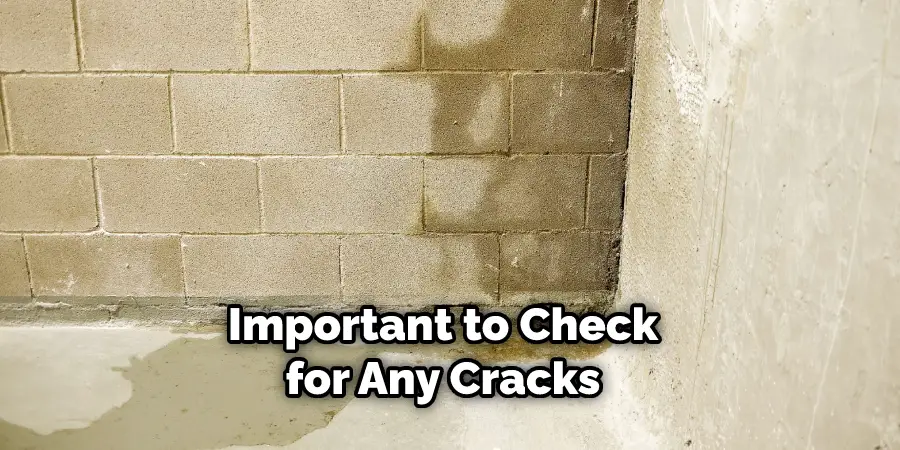
Before you start cleaning your unfinished basement walls, it is important to check for any cracks or signs of mold. These should be addressed first before any other cleaning can occur. Use a vacuum to remove dust and cobwebs from the wall surfaces. Make sure to get into corners and crevices as well.
Step 2: Apply a Mild Detergent Solution
Mix a solution of mild detergent and warm water in a bucket or spray bottle, depending on the size of the area you’re cleaning. Use a soft bristle brush to scrub the walls with the solution, and rinse off with clean water when finished. Make a paste with baking soda and water for tough stains and apply it directly to the stain. Let it sit for 10-15 minutes before scrubbing it off with a damp cloth.
Step 3: Rinse off the Walls Again
Once you’ve finished scrubbing, rinse the walls off with clean water to remove any soap residue. Use a towel or sponge to dry the walls off, ensuring to get into any corners and crevices. Allow them to air dry completely before moving on.
Step 4: Apply a Sealant
Once the walls are dry, it is important to apply a sealant to help protect them from moisture and other contaminants. Make sure to follow the instructions on the product label for the best results. Once you’ve applied the sealant, inspect the walls again for any cracks or areas that may have been overlooked.
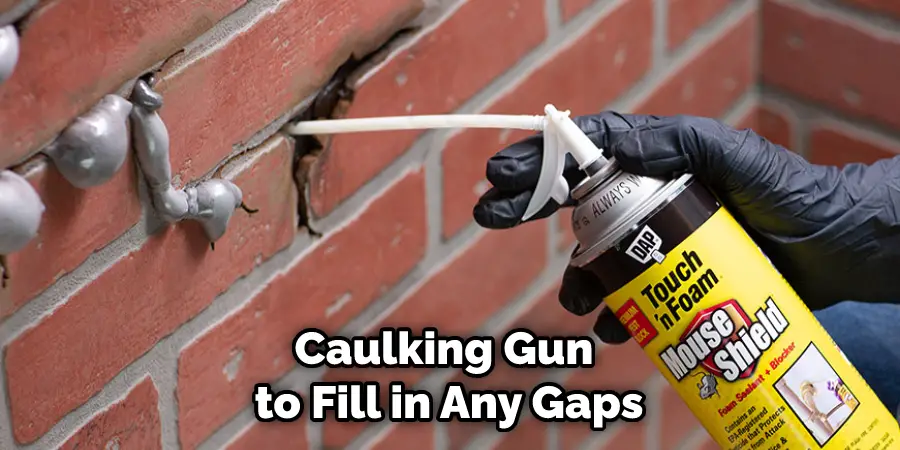
Repair any problem areas before continuing. Use a caulking gun to fill in any gaps around the edges of the walls, windows, doors, and other openings. This will help keep moisture out and make it easier to clean in the future.
Step 5: Clean Regularly
Once you’ve completed the initial cleaning of your unfinished basement walls, it is important to maintain a regular cleaning schedule. This will help ensure that the walls stay clean and free from dirt and grime. A simple wipe-down with a damp cloth or mild cleaner should be enough to keep the walls looking their best. It is also important to regularly check for any signs of mold or damage and address them immediately.
Safety Tips for How to Clean Unfinished Basement Walls
- Wear protective clothing and use a respirator when cleaning basement walls. This will protect you from dust, mold, and other microscopic particles that may be present in the air.
- Be sure to wear gloves when handling any harsh chemicals or cleaners used during the cleaning process.
- Make sure the area is well-ventilated before beginning the cleaning process. Open windows or use fans to move air around and avoid breathing in fumes from harsh cleaners.
- Ensure all electrical outlets are covered and that none of your tools or materials come into contact with them.
- Use a mild detergent, such as dish soap, when washing basement walls. Stronger cleaners may be too harsh and cause damage to the walls.
- Always test any cleaner or solution in an inconspicuous spot before using it all over the wall. This will ensure that it does not cause any discoloration or staining of the surface.
- Do not use a pressure washer to clean basement walls. This may cause damage to the surface and can also spread mold spores throughout the area.
- After cleaning, be sure to wash any tools or materials used in hot water to avoid spreading microscopic particles around the house.
These safety tips should be followed when cleaning unfinished basement walls to ensure a safe and successful job.
How Often Should You Clean Your Unfinished Basement Walls?
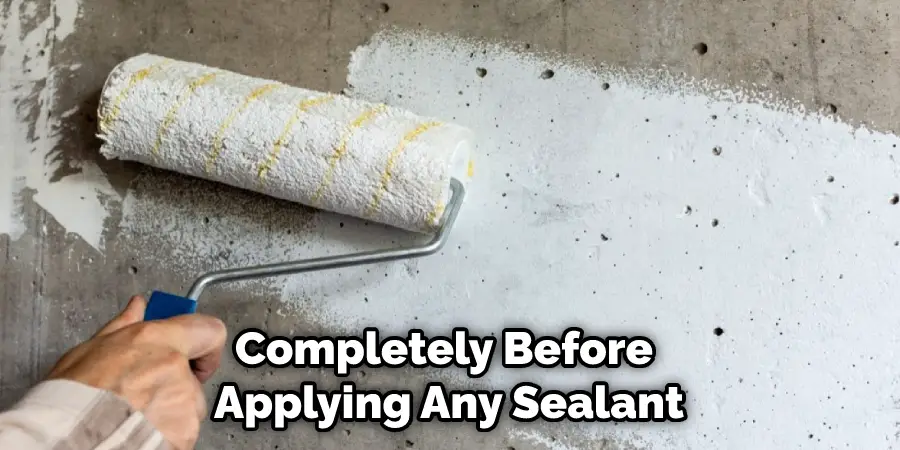
- Generally, it is best to clean your unfinished basement walls every two months.
- Start by vacuuming the basement walls and other surfaces with a soft brush attachment. This will help remove any dust or dirt that has accumulated on them.
- Wipe down the walls with a damp cloth, using mild detergent if necessary.
- Rinse the walls with clean water and dry them with a soft cloth.
- If you notice any mold or mildew on the walls, use a mixture of one part bleach to four parts water to clean it off.
- Allow the walls to air-dry completely before applying any sealant or other protective coating.
- Make sure to inspect the walls periodically for any signs of damage and apply a sealant as needed. This will help keep moisture from seeping into the walls and causing mold or mildew growth.
- Remember to wear protective gear, such as gloves and a face mask, when cleaning your unfinished basement walls. This will help protect you from any potential health hazards that may be present in the air.
Following these steps will help keep your unfinished basement walls clean, and free of dirt and dust, as well as help prevent the growth of mold and mildew.
How Can You Prevent Damage to an Unfinished Basement Wall by Humidity?
- Invest in a dehumidifier. Dehumidifiers are designed to remove moisture from the air, reducing the humidity levels within your basement and helping to protect your walls.
- Have regular inspections done on your basement wall and fix any cracks or openings that may be letting water through.
- Seal any concrete walls or floors that are in your basement. Make sure to use a concrete sealant specifically designed for damp areas.
- Ensure there is proper ventilation in the basement, and make sure vents are open and not blocked by furniture or other items.
- Clean up water spills quickly, as long-term exposure can cause damage.
- Make sure that windows in the basement are closed during humid days and when it’s raining outside.
- Inspect and clean your gutters regularly to ensure they are not overflowing or damaged, which could cause water backup into your basement walls.
- Invest in waterproofing products to use when needed, such as epoxy or polyurethane sealants. These can help to protect your basement walls from water damage due to high humidity levels.
By following these steps, you can keep your unfinished basement wall safe from the effects of humidity and prevent long-term damage. It is important that you continue to monitor the humidity levels in your basement and take steps to prevent any water damage before it becomes a problem.
How Can You Utilize Chemical Cleaners to Clean an Unfinished Basement Wall Effectively?
Using chemical cleaners is the best way to clean an unfinished basement wall. Depending on the material of the walls, some chemical solutions may be more suitable than others. If your basement walls are made of concrete, you’ll need a strong cleaner to cut through dirt and grime build-up. A mixture of bleach and water can effectively remove dirt, oil, and grease.
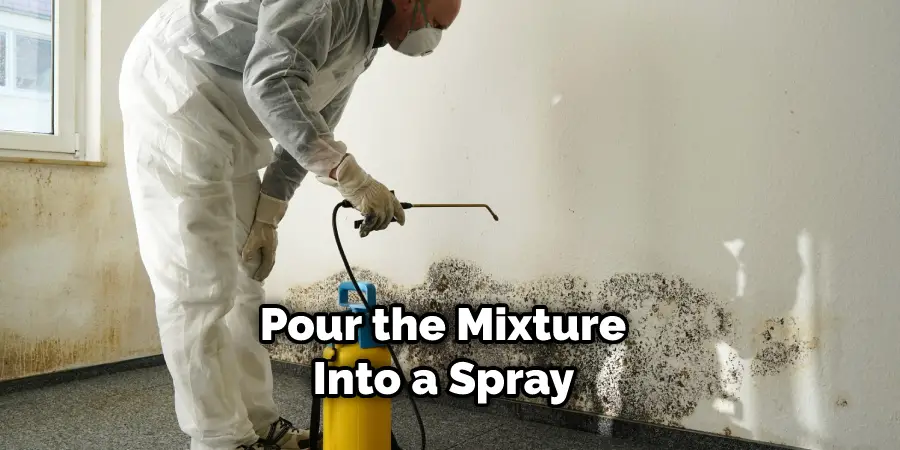
Pour the mixture into a spray bottle and then spray it directly onto the wall to remove stubborn stains. Afterward, you can rinse with warm water or use a damp cloth to wipe away any residue.
If your basement walls are made of drywall, you may want to opt for milder detergents and cleaning solutions. A combination of equal parts white vinegar and water can do the trick. Simply spray it onto the wall, allow it to sit for a few minutes, then scrub it with a soft brush. Rinse away any residue with warm water afterward.
You can use a mixture of baking soda and water for tough stains or sets-in dirt and grime. Spread the paste onto the wall and let it sit for several minutes. Then use a soft brush to scrub away the dirt buildup. Finally, rinse with warm water to remove any remaining residue.
Conclusion
In conclusion, cleaning unfinished basement walls can be daunting, but with the right supplies and techniques, it can be done quickly and effectively. Start by removing any dirt and dust from the walls, then use an appropriate cleaning solution such as vinegar water or a natural cleaner to remove stubborn stains.
Finally, use a sealer to protect the walls against future damage. With the proper cleaning process, you can ensure healthier air quality and a great-looking basement. I hope this article has been beneficial in learning how to clean unfinished basement walls. Make Sure the precautionary measures are followed chronologically.

